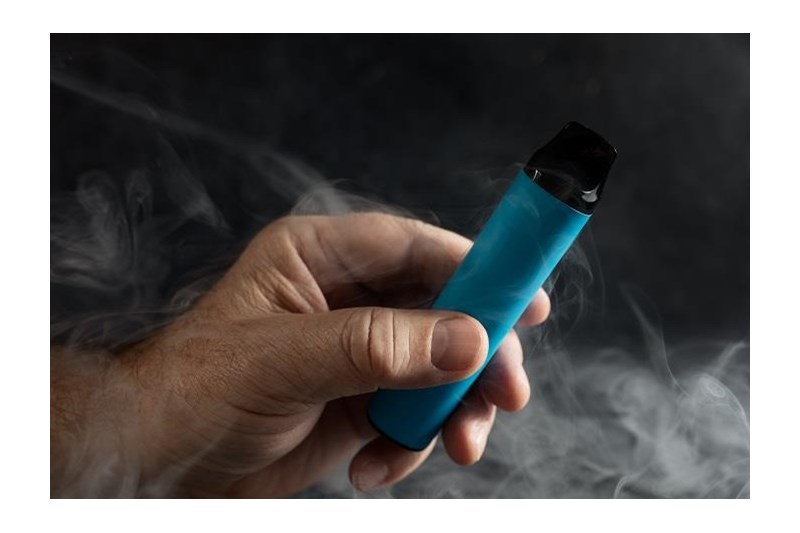Newham supports call for ban on disposable vapes
Published: 25/10/2023
Newham Council is endorsing the call for a total ban on disposable vapes in England and Wales by 2024. Growing evidence suggests they are an environmental concern, a fire hazard and have an increasing appeal amongst children.
There are huge public health concerns associated with vapes. The Royal College of Paediatrics and Child Health has highlighted that vaping is not risk-free and can be just as addictive, if not more, than traditional cigarettes. However, in accordance with clinical guidance, they are not recommended to under-18s, even for quitting, nor to non-smokers. In addition, it is illegal to sell vapes to under-18s in the UK.
Newham’s public health and Trading Standards professionals strongly believe stricter measures are required for retailers to regulate the display marketing and registration of vaping products in the same way as tobacco.
David Fothergill, a councillor and chairman of the LGA’s Community Wellbeing Board, said, “Councils are not anti-vapes, which are shown to be less harmful than smoking and have a place as a tool to use in smoking cessation.
“However, disposable vapes are fundamentally flawed in their design and inherently unsustainable products, meaning an outright ban will prove more effective than attempts to recycle more vapes.
“Single-use vapes blight our streets as litter, are a hazard in our bin lorries, are expensive and difficult to deal with in our recycling centres. Their colours, flavours and advertising are appealing to children and the penalties for retailers selling them don’t go far enough”.
The government has an open consultation around creating a ‘smokefree generation’ and tackling youth vaping. It asks questions about proposals to crack down on youth vaping and ensure the law is enforced. The consultation will close in December 2023.
Vapes fall into the category of waste electrical and electronic equipment (WEEE). This means consumers should dispose of them at a household recycling centre or at the shop where they bought the device. However, there are concerns about the lack of awareness for both consumers and retailers, meaning vapes are often found on streets, playgrounds and in green spaces.
Where single-use vapes are sold, owners have a legal obligation to provide a separate ‘bin’ for customers to use – so they are kept out of the normal waste. However, this is not widely known or enforced. When Newham Council’s Trading Standards officers visit retailers, they are reminded of this obligation.
Miraj Patel, a councillor and deputy cabinet member for environment, said, “There is no doubt a total ban on disposable vapes would benefit our borough. Many of us have seen them left on our pavements, parks and residential buildings. It is worrying that these devices, which can often be small, are able to cause fires in our refuse trucks, waste plants and recycling facilities, putting our frontline workers at major risk.
“It is vital that disposable vapes are disposed of correctly, however, evidence suggests very few actually are. Retailers, along with consumers, have a responsibility to ensure this, and the government must go much further to enable this. Although there are challenges with recycling disposable vapes, we have been able to do this in Newham at Jenkins Lane Reuse and Recycling Centre.
“While a ban would be a massive step forward, we have to address the current situation. We will be building on our work to ensure we tackle all risks associated with disposable vapes.”
Author: N/A













